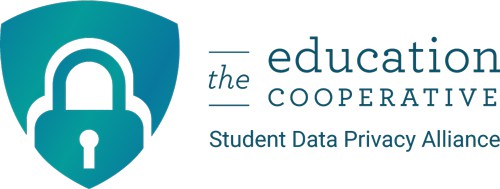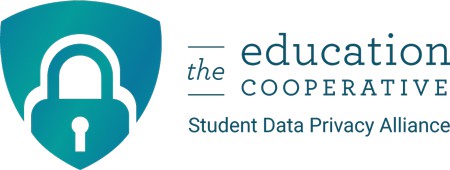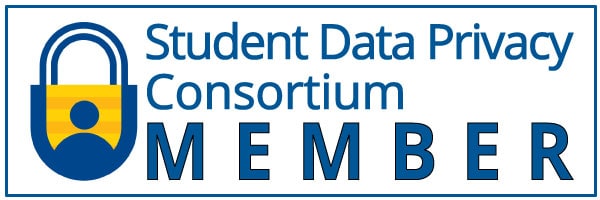

Fast-track your district's ability to acquire signed student data privacy agreements for all of your digital tools
The TEC Student Data Privacy Alliance has developed a successful collaborative model to provide member school districts with the administrative and legal support required to negotiate privacy terms with software vendors.
Our process is simple and affordable. By joining our alliance, you can jump-start student data protection with access to over 1,700 pre-negotiated vendor-signed data privacy agreements (DPAs). Begin by identifying the applications your district uses that collect student Personally Identifiable Information (PII), and then leverage the existing agreements we provide. If we don't have a DPA for an application your district uses, we will collaborate with the vendor in an attempt to secure one. Our goal is to handle all the necessary work so you can rest assured that your student data is being managed securely and safely.
We utilize a multi-state version of the Student Data Privacy Consortium’s National Data Privacy Agreement (NDPA), which articulates the vendor duties and responsibilities required to protect student data in compliance with all applicable federal and state privacy statutes, including FERPA, PPRA, and COPPA. Our multi-state Alliance provides significant leverage in our capacity to negotiate with vendors of all sizes.
Our team uploads all vendor-signed DPAs to the Student Data Privacy Consortium’s Resource Registry, ensuring immediate and exclusive access for our TEC SDPA member districts.
Direct Services
We offer direct services to schools in these states for an annual fee based on student enrollment. The fee is calculated at $1.00 per student, with an annual maximum fee of $4999.
Example: If your most recent October enrollment is 1,500 students, your annual TEC SDPA fee would be $1,500. If your enrollment is 8,500 students, your annual fee would be $4,999 - our cap.
Partnership Programs
We provide our services to the following states through partnership relationships. Contact the appropriate partner for information about pricing.
How do I sign up?
Click Sign Up and complete our automated enrollment form.
You will receive an automated reply email that confirms your enrollment and provides a copy of the electronically endorsed TEC SDPA Service Agreement.
It also includes the name and contact information of your SDPA Onboarding Specialist and the next steps, including a 30 minute on-boarding Zoom session that will provide you with a brief tutorial about our process and answer any questions you might have.
What To Expect...
There may be some vendors you use that have already signed DPAs with TEC. We'll give you access to our one-page "Exhibit E's" to e-sign. This allows your district to piggyback on our DPAs. You're all set!
Frequently Asked Questions


Don’t see your state listed? Other Questions?

Ramah Hawley
Director
The Education Cooperative
141 Mansion Drive, Suite 200, East Walpole, MA 02032
How to Sign-up?
Need TEC's W-9?

About Our Affiliation

The Education Cooperative Student Data Privacy Alliance (TEC SDPA) uses a separate organization, the Student Data Privacy Consortium's (SDPC) Resource Registry as the platform for posting vendor agreements. SDPC is the leader in addressing student data privacy concerns and offers school districts access to many free resources including:
- SDPC Resource Registry
- National DPA
- Access to curated PD resources
- Resources for internal training
- Sample policies & procedures
